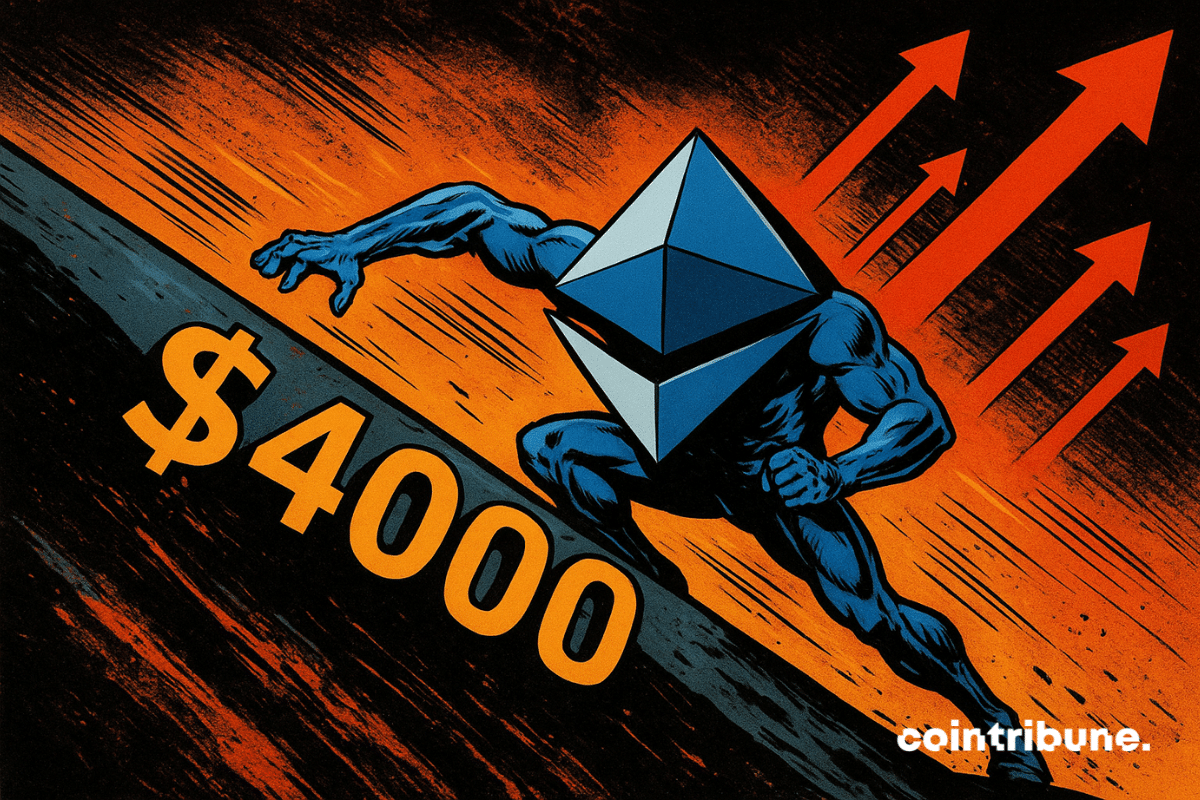As digital finance becomes the new normal in the Philippines, so does the challenge of protecting users from an evolving wave of cyber threats. At the World Financial Innovation Series (WFIS) in Manila, regulators, bankers, and tech leaders gathered to address an urgent question: how can trust be preserved in an era where artificial intelligence (AI) can deceive even the most sophisticated systems?
title=”YouTube video player” frameborder=”0″ allow=”accelerometer; autoplay; clipboard-write; encrypted-media; gyroscope; picture-in-picture; web-share” referrerpolicy=”strict-origin-when-cross-origin” allowfullscreen=””>
For the Bangko Sentral ng Pilipinas (BSP), the Philippines’ central bank, embracing innovation is part of its mandate to ensure a safe and progressive financial system. “The financial industry is evolving rapidly,” said BSP Assistant Governor Arifa Ala, stressing the urgency of adapting. “FinTech innovations are reshaping how we transact, save, and invest. As the Philippine Central Bank, the Bangko Sentral must evolve alongside these changes.”
That evolution includes new frameworks for digital oversight. “Together, these measures create a safer, more transparent environment,” Ala added, “one where innovation can thrive because people trust the system.”
However, as the financial system gets smarter, so do the fraudsters. Artificial intelligence, revered as a tool for progress, is now being weaponized to create convincing deepfakes—fake identities that can bypass digital verification systems.
“It has become very easy to create deepfakes,” said Saket Kumar Jha of HyperVerge, a company specializing in AI-driven identity verification. “Those deepfakes are now getting injected in the KYC process for identity verification, and that is creating a very big threat.”
HyperVerge is fighting back with its own AI. “We are using models to detect the kind of deepfakes which are available now,” Jha explained. “We are detecting that and curbing it for our customers.”
The magnitude of the problem is particularly concerning in the Philippines. According to Arvie de Vera of the Fintech Philippines Association, “Fraud is becoming very, very prevalent… we are three times higher than the regional average when it comes to fraud rates.” To counter this, de Vera emphasized the need for stronger digital authentication. “Authentication has to be digital and no longer OTP,” he said. “It has to be biometric-enabled.”
He also pointed to the growing role of automation: “It has to be very automated and very AI-driven, because now it’s the artificial intelligence agents that are able to track and determine if these transactions fit a pattern of bad actors.”
For ID verification firms like Entrust, the solution lies in AI-powered prevention. “With the advent of AI, it has become very easy for ID verification providers like us to train our solutions… to proactively detect patterns and prevent fraud from happening,” said Entrust’s Sandeep Kuberkar, adding that the BSP’s shift “away from SMS-based OTP to more secure biometric authentication” is a critical step forward.
Even regulators are turning to blockchain for transparency. Wilkins Win Wong from the Securities and Exchange Commission (SEC) revealed that the agency is “going to use blockchain to help us identify who the beneficial owners are for the companies registering with us. It’s like building that paper trail digitally.”
By anchoring trust to technologies like AI and blockchain, the Philippines is shaping a future where financial innovation and security go hand in hand. As Kuberkar put it, “Blockchain is a phenomenal technology… in a few years, we’ll all be talking about decentralized identity and reusable identity, enhancing our security measures.”
In the digital economy, trust is the new currency, and the Philippines is ensuring it remains protected.
In order for artificial intelligence (AI) to work right within the law and thrive in the face of growing challenges, it needs to integrate an enterprise blockchain system that ensures data input quality and ownership—allowing it to keep data safe while also guaranteeing the immutability of data. Check out CoinGeek’s coverage on this emerging tech to learn more why Enterprise blockchain will be the backbone of AI.
Watch: Inside the Philippine’s blockchain revolution—what you need to know
title=”YouTube video player” frameborder=”0″ allow=”accelerometer; autoplay; clipboard-write; encrypted-media; gyroscope; picture-in-picture; web-share” referrerpolicy=”strict-origin-when-cross-origin” allowfullscreen=””>
Source: https://coingeek.com/trust-in-ai-age-how-the-philippines-is-fighting-digital-fraud-video/


